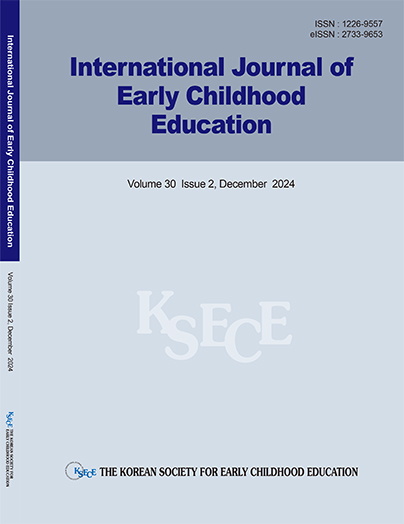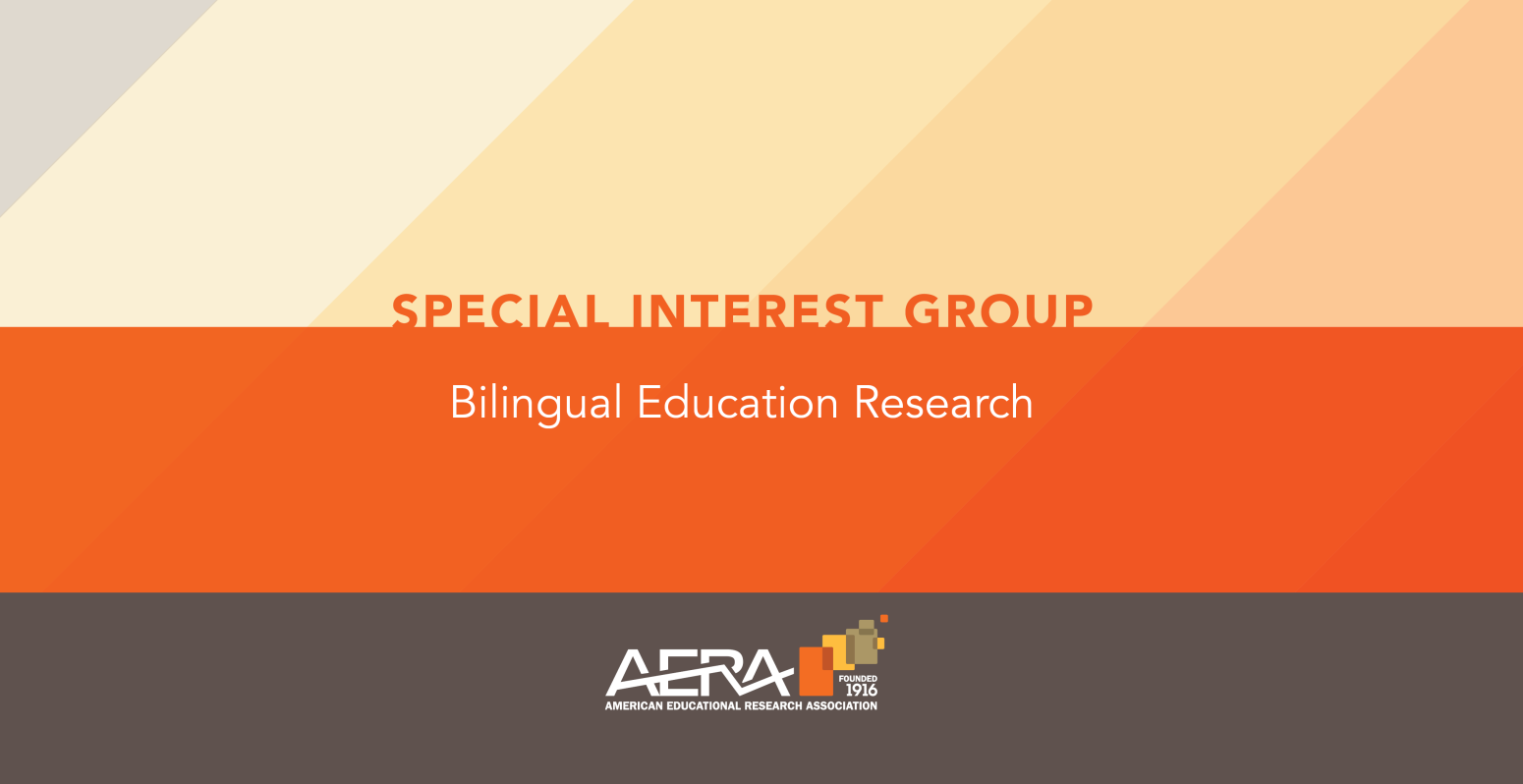
Data to Prove or Improve?: A Cross-case Analysis of State Prekindergarten Quality Improvement through Research-Practice Partnerships.
Park, S. O., Joseph, G. E., Hertzog, N. B., Conkling, T., Hassairi, N., Moricet, M., Olsen-Phillips, C., Holm Tobin, E., Branson-Thayer, M., & Halverson, T. (under review). Data to prove or improve?: A cross-case analysis of state prekindergarten quality improvement through Research-Practice Partnerships. International Journal of Early Childhood Education, 31(1).
Abstract
Over the past decade, Research-Practice Partnerships (RPPs) have been championed as a promising strategy to align research with the real-time priorities of policymakers and practitioners engaged in early childhood systems. Yet empirical studies of large-scale, equity-driven RPPs exploring the viewpoints of state-level administrators, particularly in the prekindergarten (pre-K) context, remain limited. This paper presents a qualitative cross-case study of three RPPs focused on strengthening equity-driven quality improvements in state pre-K. Drawing on 67 interviews, 33 observations, and over 200 documents, we conducted a systematic thematic analysis and identified four critical elements that supported continuous quality improvement (CQI) at scale: (1) co-designing learning agendas through collective inquiry, (2) relational trust as a foundation for sustainability, (3) equitable collaborations grounded in reciprocity, and (4) multiple liaisons to ensure ongoing communication. Furthermore, RPPs strengthened state-level quality improvement efforts by collaboratively identifying actionable problems of practice, facilitating data collection and analysis, shifting data use from accountability to improvement, and adapting research efforts to respond to practitioners’ emerging needs. A cross-case analysis of three state pre-K systems further presents varied perspectives on the strengths, challenges, and opportunities of the RPPs as a mechanism for system-level change. Findings highlight similarities and differences in three state RPPs linked with RPP effectiveness, and offer implications for future partnership-driven improvements and policymaking to improve large-scale early childhood systems in the U.S. and international settings.
Read Culturally Responsive Assessment of Multilingual Learners Publication

Culturally Responsive Assessment of Multilingual Learners: Preschool Teachers’ (Re)construction of Pedagogical Possibilities Towards Justice
González, A. P. & Park S. O. (2024). Culturally responsive assessment of multilingual learners: Preschool teachers’ (re)construction of pedagogical possibilities towards justice [Research Brief Issue No. 12]. AERA Bilingual Education Research SIG.
Abstract
Washington has been at the forefront of expanding statewide dual language early childhood education (ECE) programs to better serve Multilingual Learners (MLLs) representing a third of the enrolled students. Through a targeted literature review, a content analysis of early childhood assessments, and interviews with Head Start and state preschool teachers, this brief calls for the pressing need to critically examine and improve bilingual education policy and guidelines, curriculum and instruction, teacher education, technical assistance, and family-school partnerships through an equity lens.
Read Culturally Responsive Assessment of Multilingual Learners Publication

What Predicts Legislative Success of Early Care and Education Policies?: Applications of Machine Learning and Natural Language Processing in a Cross-state Early Childhood Policy Analysis
Park, S. O., & Hassairi, N. (2021). What predicts legislative success of early care and education policies?: Applications of machine learning and natural language processing in a cross-state early childhood policy analysis. PLoS ONE 16(2): e0246730. https://doi.org/10.1371/journal.pone.0246730
Abstract
Following the pioneering efforts of a federal Head Start program, U.S. state policymakers have rapidly expanded access to Early Care and Education (ECE) programs with strong bipartisan support. Within the past decade the enrollment of 4 year-olds has roughly doubled in state-funded preschool. Despite these public investments, the content and priorities of early childhood legislation–enacted and failed–have rarely been examined. This study integrates perspectives from public policy, political science, developmental science, and machine learning in examining state ECE bills in identifying key factors associated with legislative success. Drawing from the Early Care and Education Bill Tracking Database, we employed Latent Dirichlet Allocation (LDA), a statistical topic identification model, to examine 2,396 ECE bills across the 50 U.S. states during the 2015-2018. First, a six-topic solution demonstrated the strongest fit theoretically and empirically suggesting two meta policy priorities: ‘ECE finance’ and ‘ECE services’. ‘ECE finance’ comprised of three dimensions: (1) Revenues, (2) Expenditures, and (3) Fiscal Governance. ‘ECE services’ also included three dimensions: (1) PreK, (2) Child Care, and (3) Health and Human Services (HHS). Further, we found that bills covering a higher proportion of HHS, Fiscal Governance, or Expenditures were more likely to pass into law relative to bills focusing largely on PreK, Child Care, and Revenues. Additionally, legislative effectiveness of the bill’s primary sponsor was a strong predictor of legislative success, and further moderated the relation between bill content and passage. Highly effective legislators who had previously passed five or more bills had an extremely high probability of introducing a legislation that successfully passed regardless of topic. Legislation with expenditures as policy priorities benefitted the most from having an effective legislator. We conclude with a discussion of the empirical findings within the broader context of early childhood policy literature and suggest implications for future research and policy.
Read What predicts legislative success of early care and education policies? Publication

Cost‐Effectiveness of Early Childhood Interventions to Enhance Preschool: Evidence from a Randomized Experiment in Head Start Centers Enrolling Historically Underserved Populations
Knight, D. S., Landry, S., Zucker, T. A., Merz, E. C., Guttentag, C. L., & Taylor, H. B. (2019). Cost‐Effectiveness of Early Childhood Interventions to Enhance Preschool: Evidence from a Randomized Experiment in Head Start Centers Enrolling Historically Underserved Populations. Journal of Policy Analysis and Management, 38(4), 891-917.
Abstrct
We evaluate the cost-effectiveness of two early childhood interventions that use instructional coaching and parent coaching as levers for improvement. The study design allows us to compare the individual effects of each intervention as well as their combined effect on student outcomes. We find that teachers receiving instructional coaching improve their use of evidence-based instructional practices, while families receiving parent coaching show increases in numerous responsive parenting behaviors associated with positive child outcomes. Both interventions demonstrate positive impacts on students, but only parent coaching shows statistically significant effects across a range of student outcomes. Instructional coaching alone is substantially less costly and may therefore be the most cost-effective of the three treatment conditions; however, small sample sizes limit our ability to reach definitive conclusions. Policy simulations suggest that implementing these interventions could raise the overall cost-effectiveness of Head Start by at least 16 percent.
Read Cost‐Effectiveness of Early Childhood Interventions to Enhance Preschool Publication